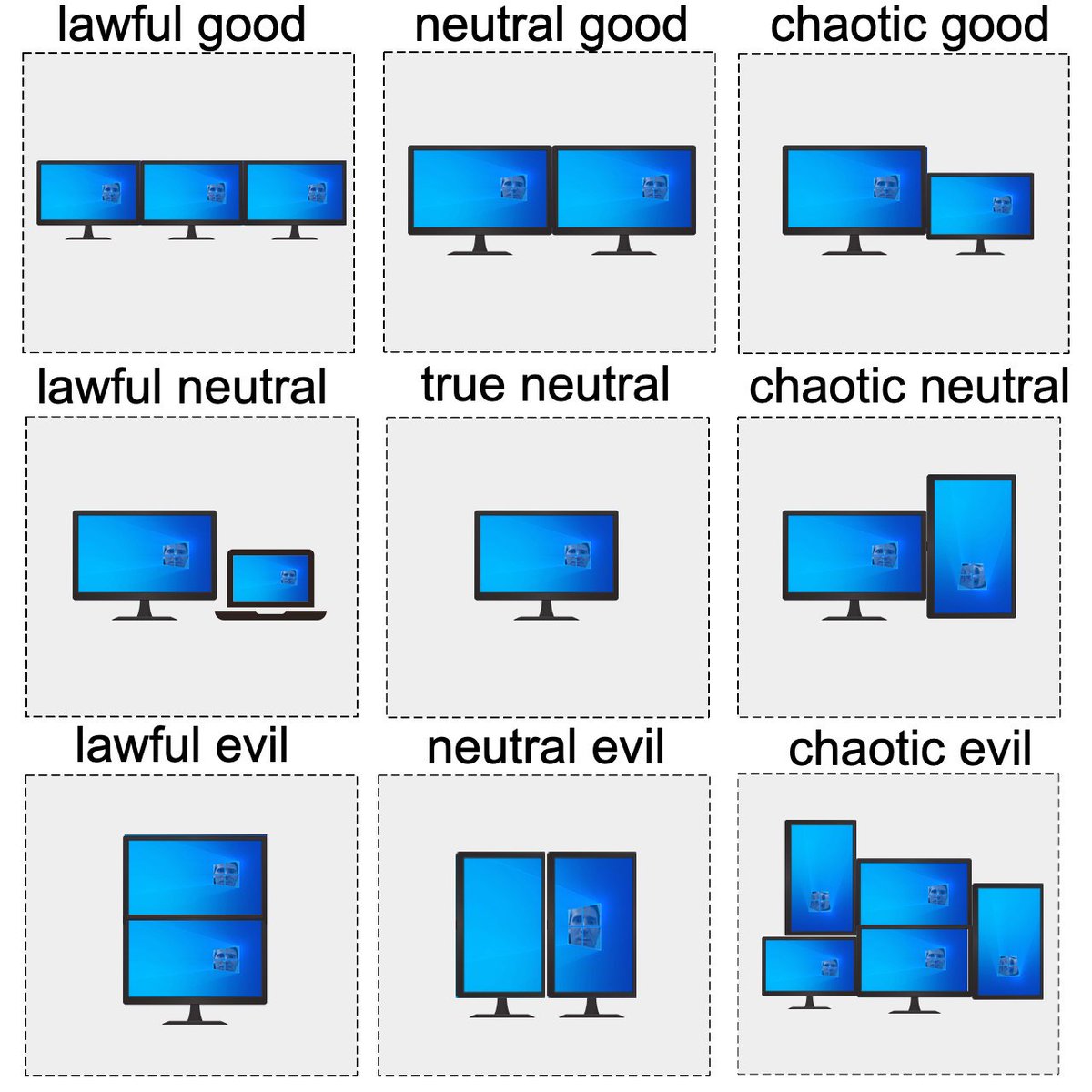- Can You Actually Fix Your Tech By Smacking It?
Years after I began admonishing my parents for hitting gadgets in an attempt to fix them, I learn about percussive maintenance. -
It is always nice to have labels.
- I love useless details. This article on Economist cites a survey and tells you things like how correcting typos takes up an average of 20 minutes in every white-collar worker’s day, which adds up to 180 days, over a 45-year career. Apparently, deleting emails takes up about six weeks of your life.
- A brief history and investigation into Wancher. I stopped buying fountain pens and inks in 2019 (my consumption frenzy renews itself every 10 years or so), and this sprawling, fascinating investigative piece was fun to read. We all do our own swaps on pen parts but mixing up parts, calling them limited edition and creating demand for them is a masterful move.
- I never knew about the federalist society. But the idea of religious groups infiltrating government and taking over thought leadership in politics/ culture/ society is not new. I am not looking forward to how bad things can become, if we continue on this insidious intolerance.
Monthly Archives: July 2022
📖 Impossible City
“I daydreamed about going to gigs, seeing arthouse cinema, having intellectually stimulating conversations, and being in the midst of the next great literary movement. I could not find any of this at home. My classmates and I were brought up on the belief that nothing was more important than securing a job that would eventually buy us a flat, a basic human right that had become nearly impossible for my generation, and these jobs were usually soul sucking. Hong Kong’s brand of capitalism makes it easy to live in a place and never engage with it.
I thought that when I eventually became an adult I would be one of those people who power-walked in heels across the bridge of the International Finance Centre in the central business district.”
―
Karen Cheung
Impossible City
//
This is one person’s memoir, from a person who lives in Hong Kong. Some things are more universal and familiar to a Chinese person who grew up in South-east Asia. But at some point, the unique, thorny situation of being a relatively younger Hong-Konger in the 2010s becomes a puzzle. It is an unenviable place to be, and Cheung captures the heartache and despite all the difficulties, the hope of her generation.
Capitalism, belonging and forces that insist on bearing down on you instead of letting you be. What a heady mix. I enjoyed the book, and appreciated Cheung’s writing and the way the chapters jump around. It is a little disjointed but life is like that.
//
“I caption photos with #wanderlust unironically, chatting up fellow backpackers and believing that they could serve as conduits through which I could understand more about a world of which I had seen so little.
At the two on-campus Starbucks I rotate between, I keep tabs on tech sites and start-ups, holding on to the millennial delusion that a good business idea or a new app could radically improve our world. Being loud online on issues like climate change and racial inequality lets me pretend I’m part of a global conversation, yet at enough distance for it to not affect my daily life.”
